PTSD Awareness month
According to the Substance Abuse and Mental Health Services Administration, there are approximately 12 million adults in the United States that may be managing Posttraumatic Stress Disorder (PTSD) each year (www.samhsa.gov). PTSD refers to the symptoms that develop after experiencing or witnessing traumatic events, such as significant accidents, sexual or physical violence, natural disasters, military combat, and even chronic invalidation (being told how you are responding does not make sense) within relationships. This diagnosis has historically been associated with combat veterans but can impact anyone that has had an experience that meets criteria. The month of June was designated as PTSD Awareness Month in 2014 after the unfortunate death of a former soldier who lost his life because of untreated PTSD.
The presenting symptoms of PTSD can range, but on average may include having responses such as feeling irritable or on edge, being easily startled or hypervigilant, having challenges with restful sleep, nightmares, anxiety, depressed mood, or avoidance of situations that remind them of the traumatic event(s). It is important to note that children with PTSD may not follow these typical responses. They can present with executive functioning challenges (unable to get organized, remember details, follow through with tasks) and evidence of the trauma can show up during active play.
There have been many years of research since the PTSD diagnosis appeared in the clinical diagnostic manual in 1980. This research has created hope for those that are managing these symptoms or have loved ones who are doing their best to manage. There are several types of treatment that can be effective, and that are backed by evidence of their efficacy, such as Cognitive Processing Therapy, Eye Movement Desensitization and Reprocessing Therapy, and Prolonged Exposure. There is hope and help available. It can be frightening to take that first step, so if you would like additional information about PTSD or helpful treatments, please reach out to us. We would love to help!
Resources:
· In-Crisis? Call or Text 988
· PTSD Self-Screen: https://www.ptsd.va.gov/screen/
· National Alliance of Mental Illness (NAMI)
· www.pchprofessionals.com or 404.351.2008
